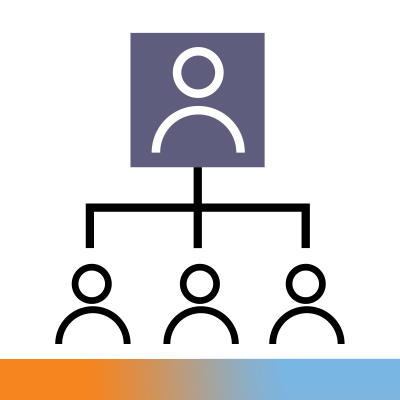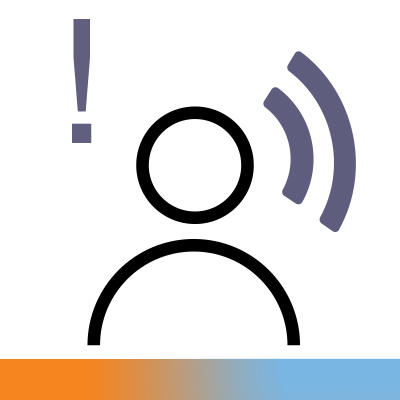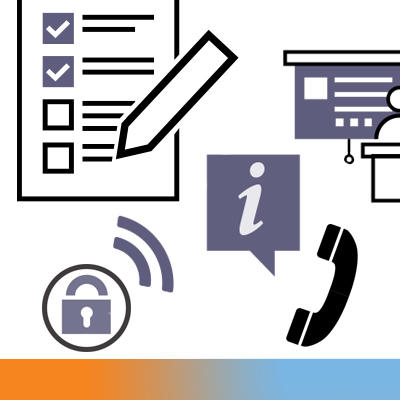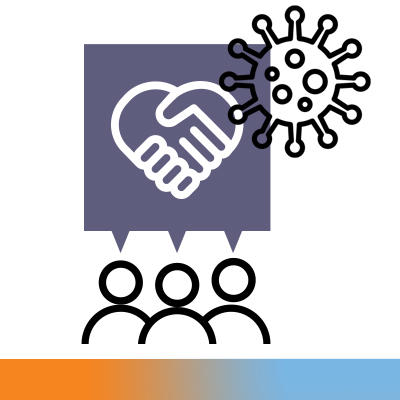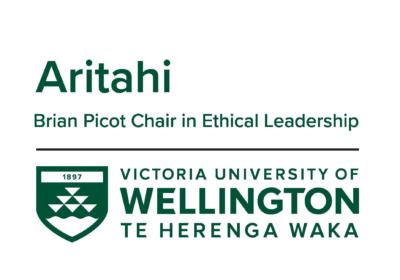New Zealand
Ethics at Work Index: 81.2
The vast majority of employees in New Zealand are confident that honesty is practised always or frequently in their organisation and the percentage of those who have been aware of misconduct at work has decreased compared to 2018.
However, organisations in New Zealand seem to have missed some opportunities to encourage dialogue and discussions around ethics internally. For instance, respondents in New Zealand are less likely than average to say that their line manager explains the importance of honesty and ethics in the work they do. A greater focus on providing formal ways in which employees can obtain advice or information about behaving ethically at work, which currently is the least common of the four building blocks of an ethics programme considered, could be one way of addressing these issues. Looking ahead, discrimination or bias in the workplace is the issue that employees in New Zealand are more likely to be concerned about.

